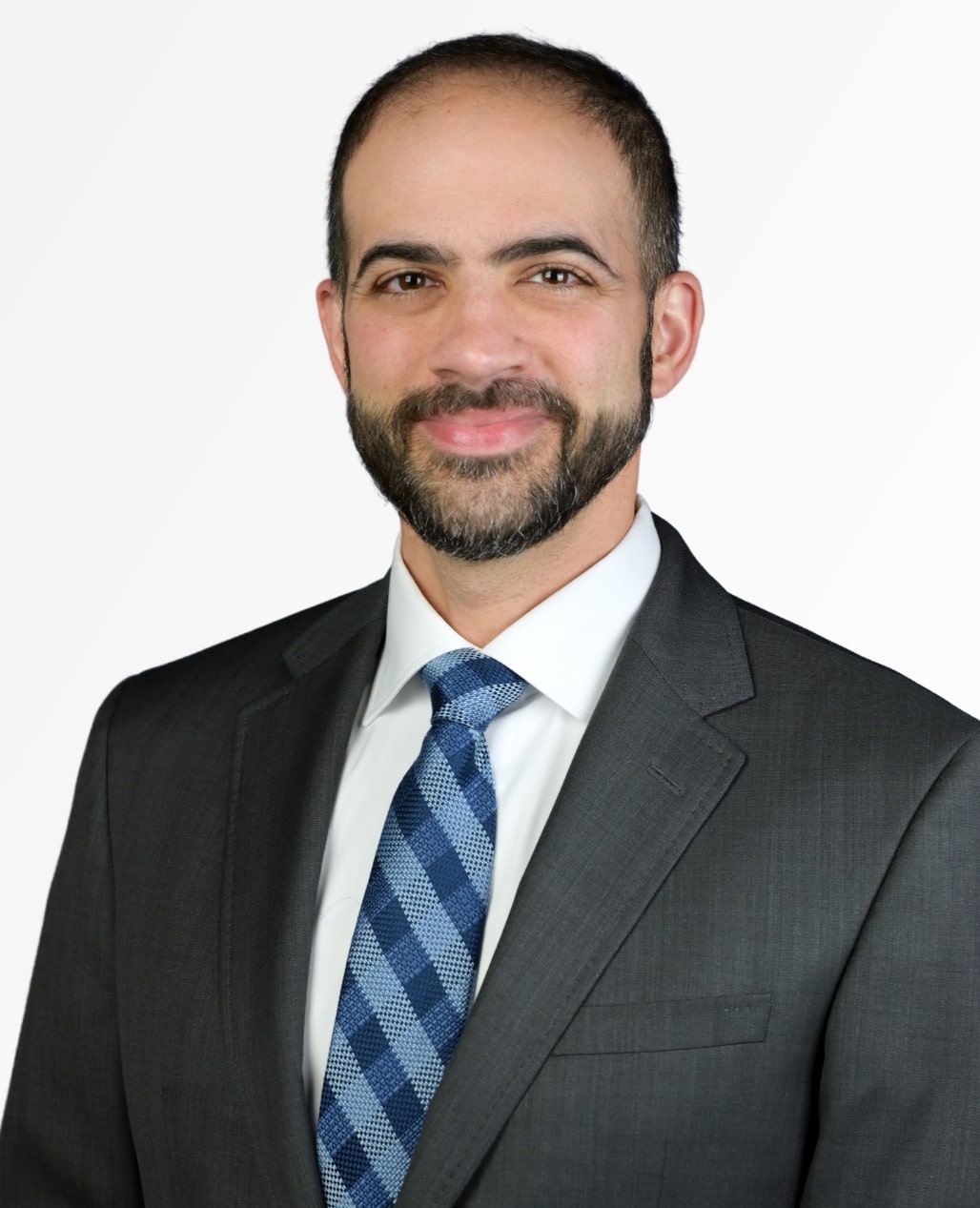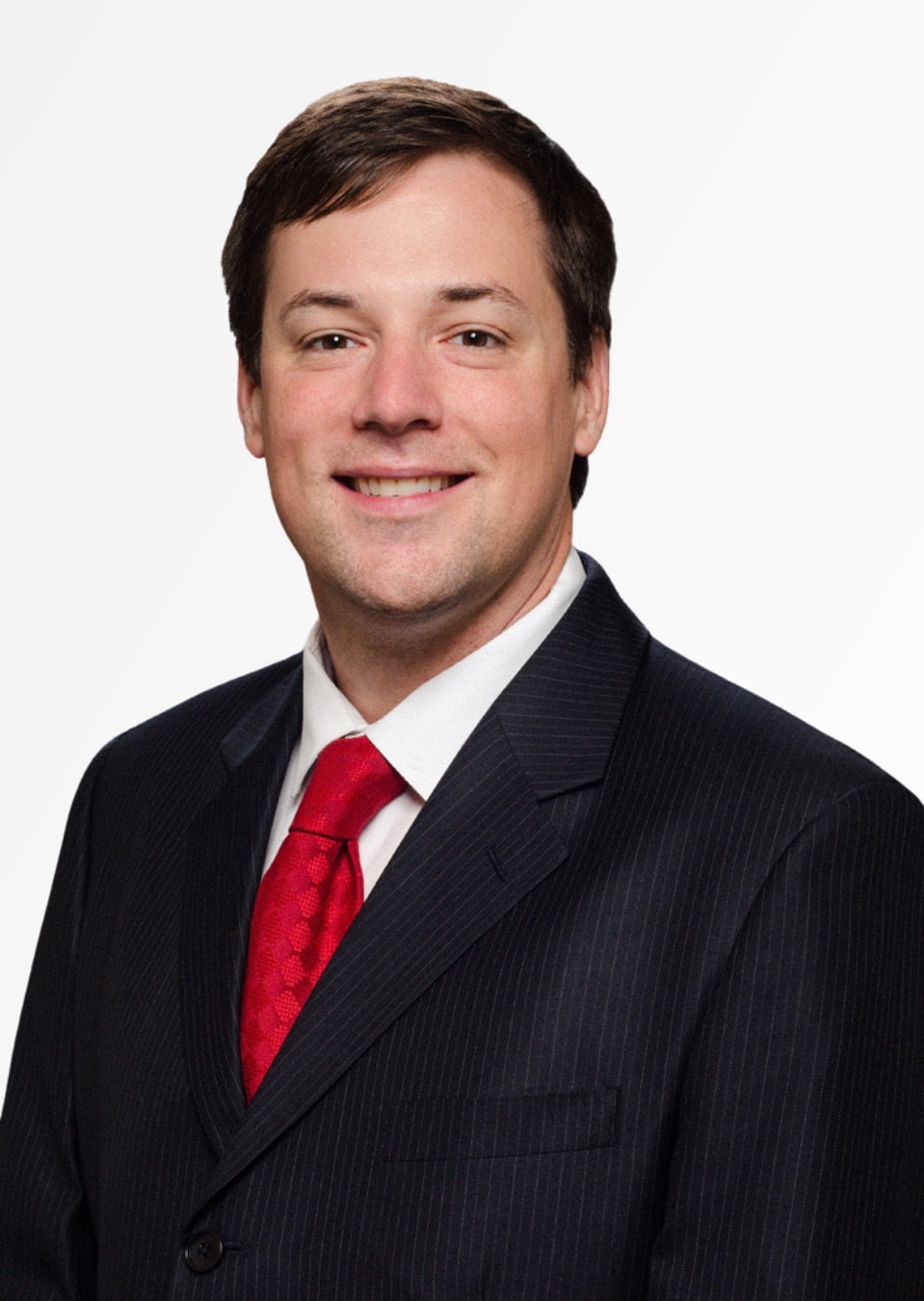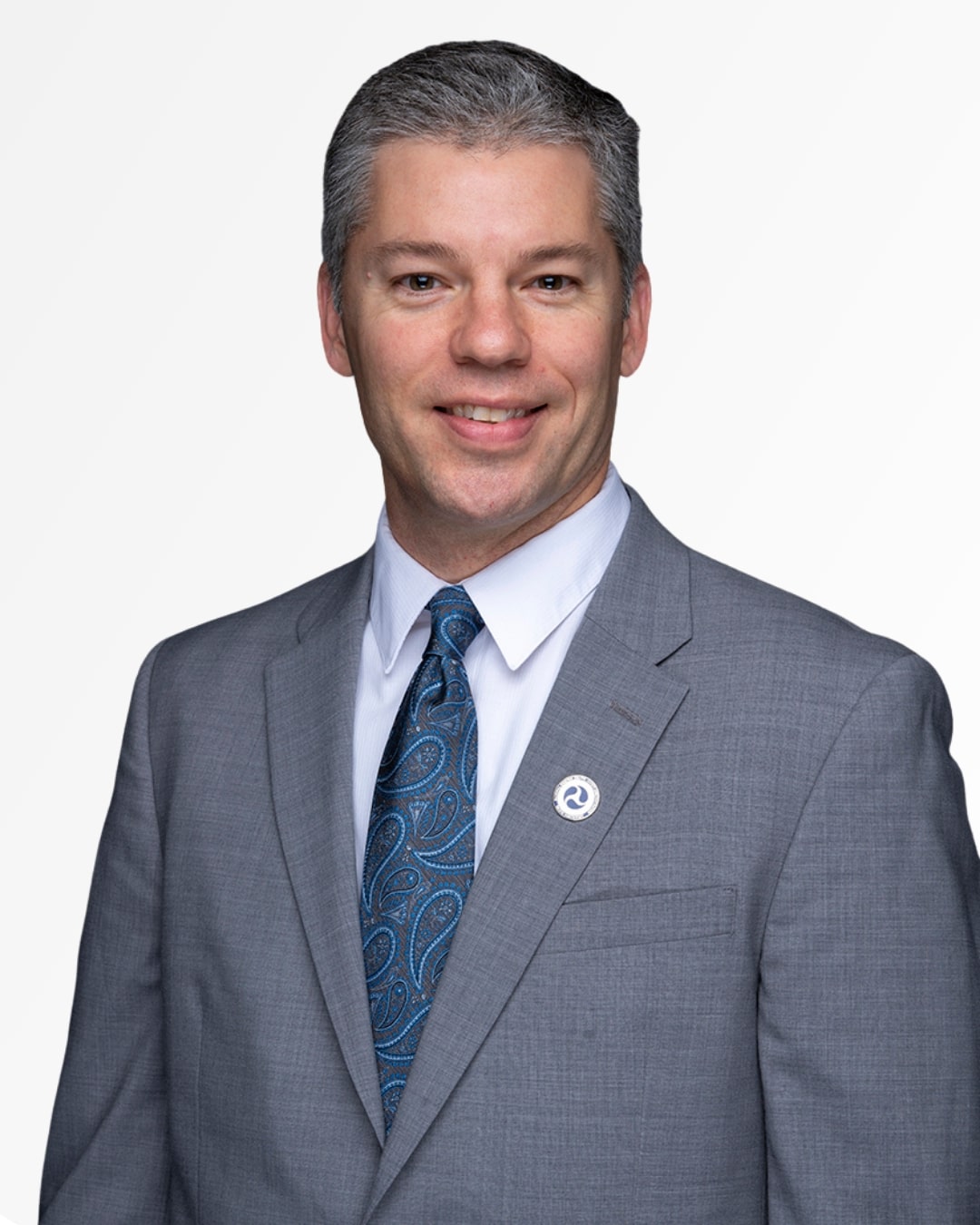Meet the Team

Gamunu "Gam" Wijetunge brings a focus on people-centered EMS and 911 systems improvement to his role as Director of the Office of EMS. An OEMS team member for more than 20 years, Gam led collaborative projects related to improving post-crash care, the EMS workforce and EMS system emergency preparedness, including the development of the EMS Workforce Agenda for the Future and EMS Agenda 2050. When not applying his energy towards improving EMS systems nationwide, Gam volunteers as a paramedic and fire captain at a rescue squad in Wheaton, Maryland where he served as president for nearly a decade.

Jeremiah “Jeremy” Kinsman has more than 20 years of experience working as an EMS clinician in both prehospital and emergency department settings. As an EMS Specialist, Jeremy supports the administration of the National EMS Information System (NEMSIS) and the Office of EMS’s research initiatives. He previously served as an Association of Schools and Programs of Public Health (ASPPH) Public Health Fellow and as a research coordinator in the Department of Emergency Medicine at the Yale School of Medicine. Jeremy received his Master of Public Health (MPH) degree from the Tulane School of Public Health and Tropical Medicine in 2015.

Clary Mole worked as a paramedic and EMS educator in South Carolina and Georgia before joining the NHTSA Office of EMS team in 2020. During a decade with Grady Health System EMS in Atlanta, Clary served in several roles, including chief training officer, program director for Grady’s EMS Education Academy and director of the division of education and staff development. He also received his master’s in emergency management from Jacksonville State University. In the Office of EMS, Clary works on several projects and supports the National EMS Advisory Council and Federal Interagency Committee on EMS.

Max Sevareid brings more than two decades of injury prevention, highway safety grant management and medical research experience to the Office of EMS. A NHTSA regional program manager for the last 10 years, Max provided technical assistance and grant oversight of state highway safety programs in Washington and Alaska. In the role of emergency medical services specialist, Max oversees research efforts related to the development of evidence-based guidelines for better prehospital treatment decisions and patient care. While attending the University of Washington for his graduate studies in health policy research, Max coordinated diagnostic test evaluation of patients enrolled in surgical and drug clinical trials.

Brian Tegtmeyer has over 27 years of experience in public safety communications on local, state, and national levels. In his current role at NHTSA’s National 911 Program, Brian provides leadership and coordination for the National 911 Program by convening and collaborating with Federal, State, local, tribal and territorial stakeholders on 911 issues. Inspired by the evolving landscape of emergency communications technology, he is determined to advance 911 across the nation while also focusing on 911’s role in improving post-crash care. Brian began his career as a dispatcher at an Illinois police department and continued serving in various leadership roles in 911 systems. Later, he managed a 911 center in Illinois with 44 agencies that served a population of over 850,000 citizens. Brian has spent over a decade as a national educator teaching Public Safety Telecommunicator courses. He has also been an active member of multiple public safety organizations as well as Telecommunicator Emergency Response Task Forces (TERT).

Joni Harvey serves as the Deputy Coordinator of the National 911 Program at the National Highway Traffic Safety Administration (NHTSA) Office of EMS (OEMS). With 23 years of experience in public safety and emergency communications, Joni provides leadership and coordination for the National 911 Program and works to enhance the effectiveness of 911 systems nationwide. She is dedicated to fostering collaboration between 911 and highway safety initiatives and advancing national support for 911 services.
Joni is a former state 911 Administrator for Michigan, as well as 911 telecommunicator, manager, deputy director and firefighter. She is an active member of several 911 organizations and is committed to strengthening partnerships in 911 and emergency communications across local, state, federal and territorial levels.


